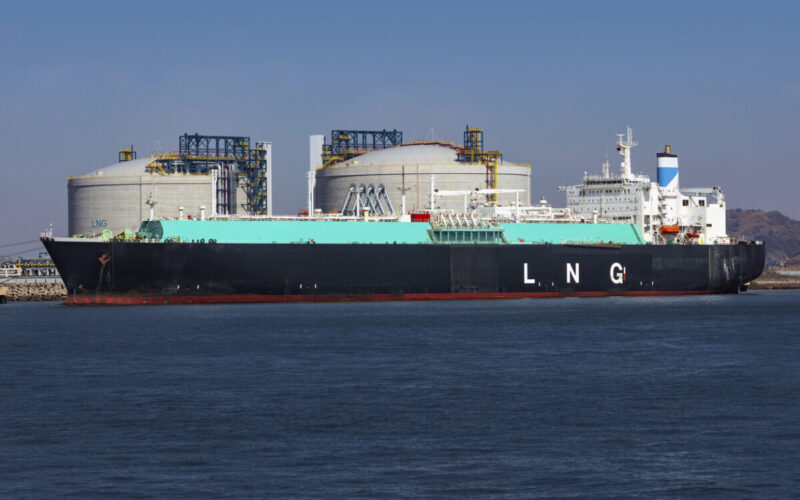Axpo, a Swedish renewable energy provider, has signed a 10-year deal to charter a liquefied natural gas (LNG) bunkering vessel, with the ship expected to begin operations in 2025.
The project will be conducted in Italy and will witness the deployment of an innovative and sustainable technology for continuous ship-to-truck operations for the first time in Europe.
The long-term arrangement was negotiated with Gas and Heat SpA in Italy and the San Giorgio del Porto shipyard, both of which are leaders in cryogenic storage and vessel adaptations.
The vessel, which will have a capacity of up to 7,500 cubic metres, will be built at the San Giorgio shipyard in Piombino, Italy. In the future, the ship might transport bio-LNG and ammonia, which is gaining popularity as a zero-carbon fuel, particularly in the maritime industry.
READ: NYK carries out PCTC LNG bunkering
The vessel will conduct ship-to-ship and ship-to-truck services off the coast of Naples. The former, also known as ship-to-ship bunkering, is the transfer of bunker fuel (in this case, LNG) from one ship to another and is normally handled by ocean-going boats.
The latter involves transferring LNG to onshore tanker trucks, which subsequently transport and distribute the LNG via road to end customers.
The Italian ship will include an onboard flexible multi-truck bunkering skid that will allow numerous trucks to be loaded at the same time, significantly reducing bunkering time.
LNG bunkering vessels contribute to the growing usage of LNG as a marine fuel, which aids in decarbonisation and the shift to a more sustainable energy balance.
The flagship project was developed in conjunction with the Infrastructure and Transport Ministry of the Italian government (MIT) and the Central Tyrrhenian Sea and Naples Port Authority.
READ: ZIM, Shell complete Jamaica’s first LNG bunkering
Axpo Head of Continental Europe Merchant Trading, Marco Saalfrank, said: “The demand for sustainable solutions in the maritime industry continues to increase significantly, in line with the International Maritime Organisation strategy of reducing greenhouse gas emissions from international shipping.
“With the industry expected to achieve a reduction of up to 40 per cent in the carbon intensity of shipping by 2030, the LNG bunkering solution will provide a cleaner marine fuel in the mid-term and beyond.”
Axpo Small Scale LNG Manager, Daniele Corti, stated: “Together with Axpo Italia, we are pleased to be part of an important initiative that will help enable the transition to carbon neutrality and, for the first time in Europe, employ this new bunkering technology to supply markets with cleaner fuel.”








